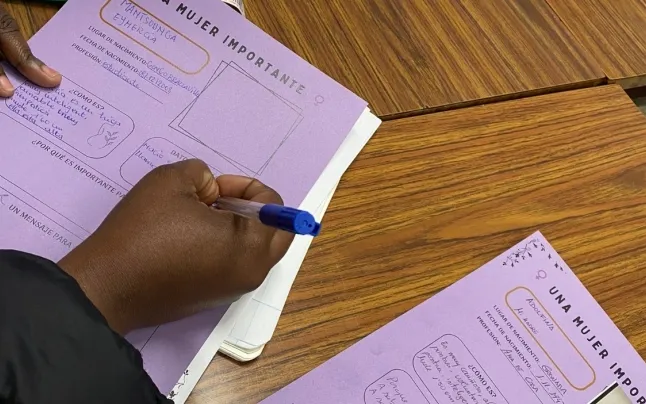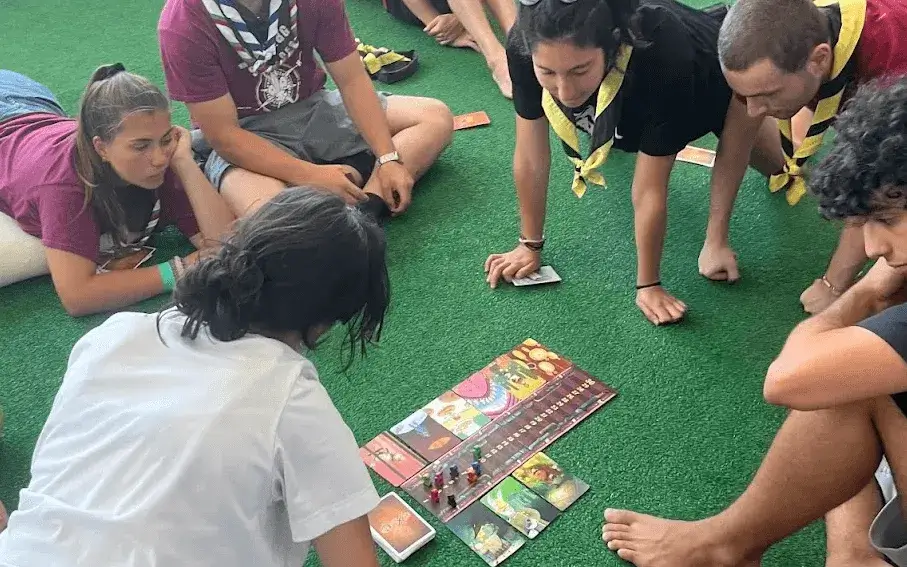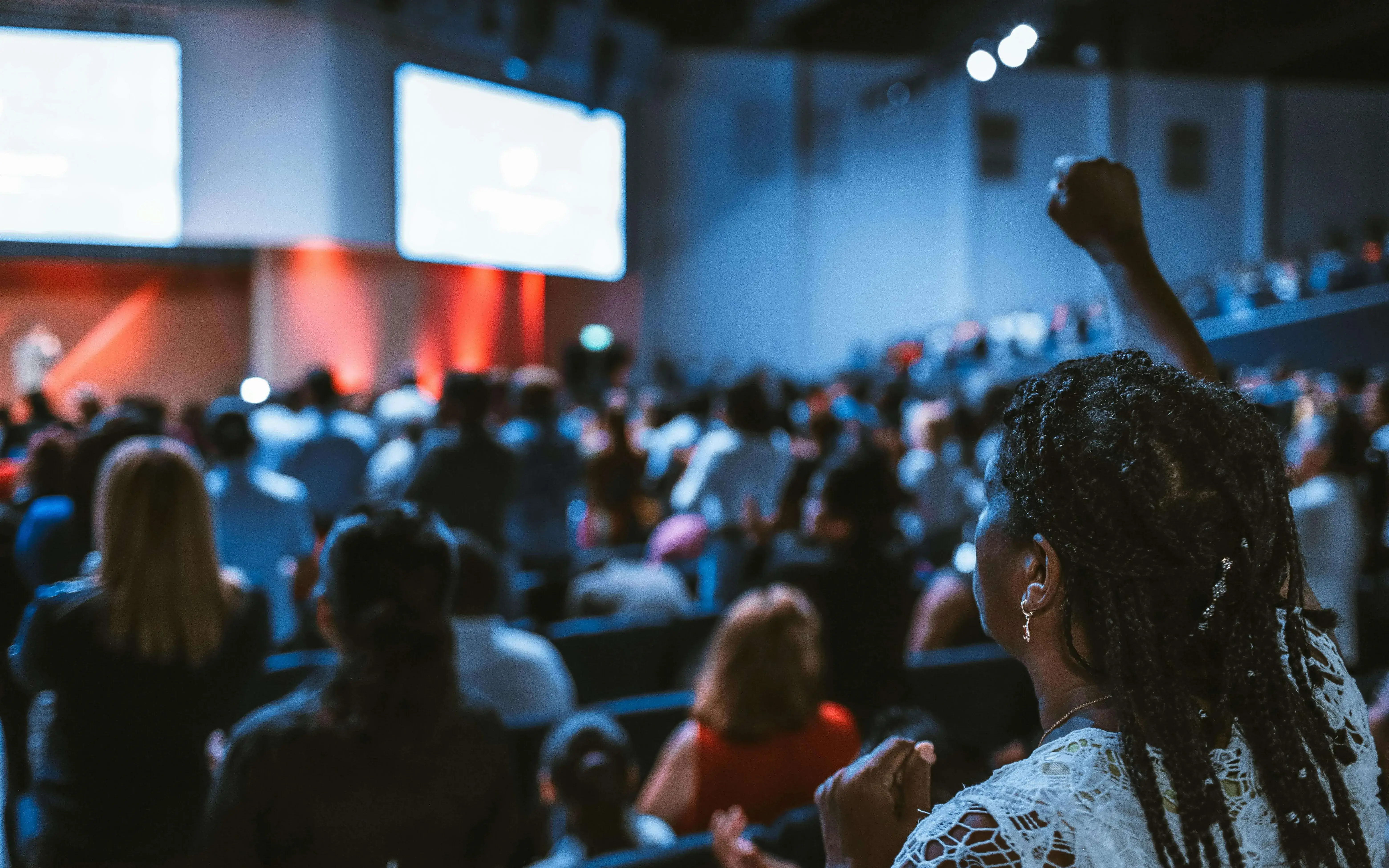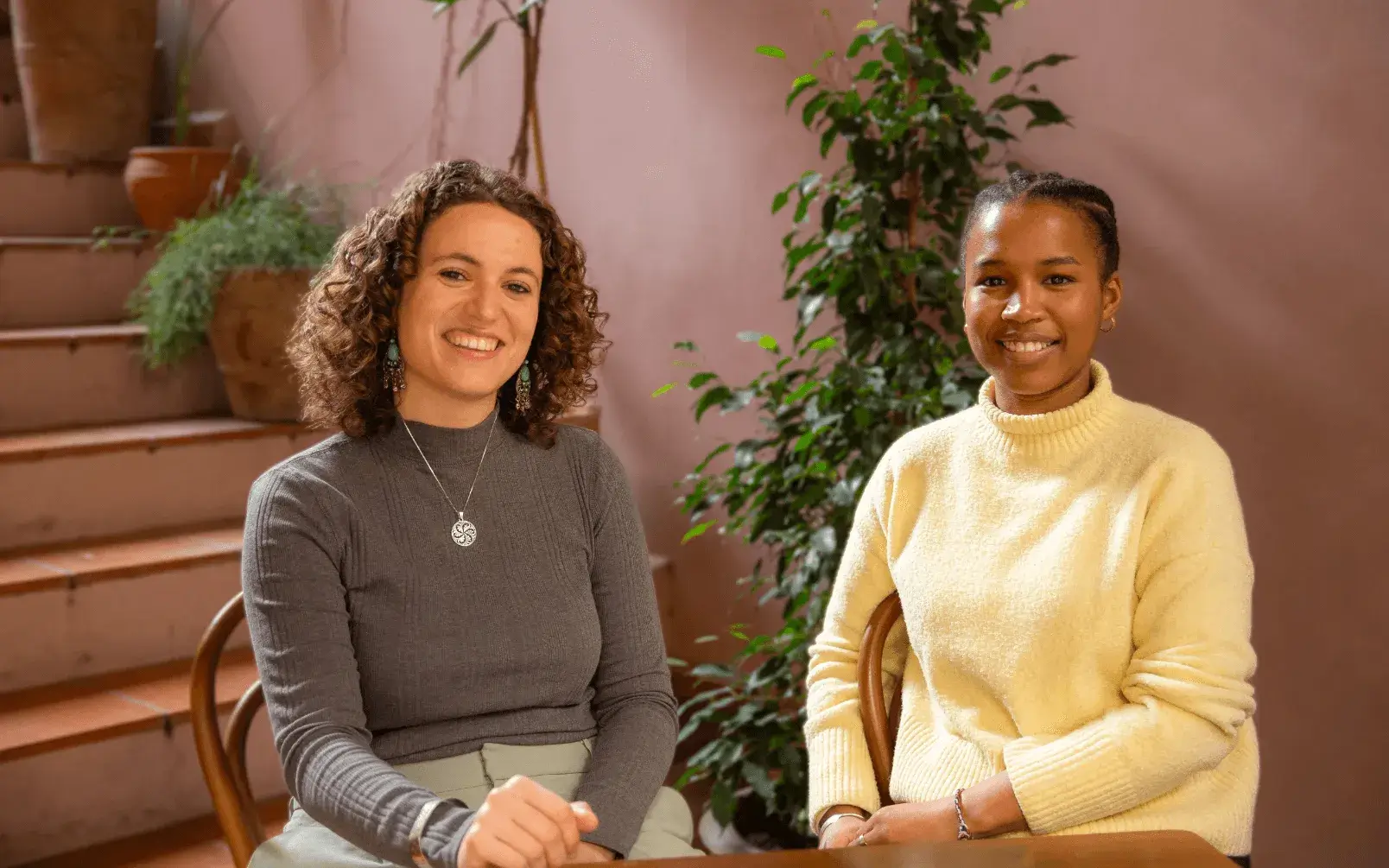Núria Moya: "Let's review whether we do a selective reception according to the origin of the people who arrive"
We speak with Núria Moya, co-responsible for the International Protection area of the Bayt al-Thaqafa Foundation, about how refugees are currently received in Catalonia, which needs are met and which are not.
The Bayt al-Thaqafa Foundation has been welcoming migrants and refugees since 1974, and accompanies them in the process towards full citizenship through respect for their own identity. In addition to reception, it works to generate spaces for exchange, through different social, educational, labor, legal and protection support projects. One of the aims of the organization is to promote exchange and dialogue with Arab culture and Muslim communities in their various expressions. This year the organization celebrates its fiftieth anniversary reaffirming its commitment to the creation of a diverse, intercultural and interreligious community.
We interview Núria Moya , co-responsible for the Bayt al-Thaqafa International Protection Area. Responsible for the specialized care places for people with a mental health diagnosis, Núria manages, among other projects, the reception of people applying for or receiving international protection through the State Asylum Program.
What situation do refugees or applicants for international protection find themselves in when they arrive in Catalonia?
Within the specialty of mental health, we can say that the asylum system has been changing in recent years and the direction is moving towards making it difficult or restricting the access of people to apply for asylum. In our case, people arrive in need of psychological or psychiatric care, usually due to the reasons for leaving the country of origin or the fact that in the process of fleeing and arriving in the territory they often have a decompensation.
How do you think we could change this?
Education is an important issue in this regard. As a society, consider what our privileged situation is, know what society we are in, know what other realities there are. You also need to do a personal review of what scares me, make a filter with the information that arrives to see what can be real and what can't. The topic of migration and asylum is used a lot at a political level, there is a lot of criticism depending on which groups, but others are less present in society's discourse. It is a very invisible reality, but it is here among us.
How does the migration process affect the mental health of the person experiencing it?
Many aspects must be taken into account. The first pragmatic reception that people receive when they arrive in the territory is that of the police and this supposes stresses that are added to the trajectory of these people. The difficulty in accessing the asylum application and even knowing that this right exists also makes it difficult. If you have a mental health disorder, there is likely to be behavior that if not addressed is complicated, then you can more easily fall outside the protective systems. Access to territory is an illegal entry, there are many risks. And once you are here, you could already start to see what rights you may or may not have, but this difficulty in accessing in the case of a person with a mental pathology, with a disability or other added illnesses, can cause them to be left out.
What response does the Bayt Foundation give to this situation? What services are offered?
There are many projects from the organization. In matters of asylum and refuge, we offer reception places for people seeking international or temporary protection. We have two options for ordinary places, which can be for families or for single people, and also specific for mental health, of which we have 41. We also have devices in Barcelona that differentiate whether it is a profile of a single man, a single woman or families. Within the program there are actions of social support, accommodation and financial benefits for maintenance and training. There is also psychological and psychiatric support , legal support, language learning and training and employment.
Then, from the entity, a bet was made for people with mental pathology who are denied and would be left out of the system. A reception flat was created for young people from the collective who have been denied within the program. A community care project has also been created. We have been creating projects from the entity with funding and agreements with other entities that respond to needs that are not being met, such as social rent or the therapeutic process.
What has changed in these 50 years in relation to care for refugees?
More and more different projects are being formalized. I think we must work to not experience the arrival of people as a crisis, but rather understand that the world moves and there have always been movements of people. We understand as a right the freedom to be able to choose where you go and don't go, always trying to favor that there are legal ways, working so that there is a regularization, a change in the immigration law to make it easier for people to decide freely where they want and they can live I think that has changed, in the sense that it is something that is already here, so we should stop seeing it as an actual crisis, because there will always be reasons for people to move.







Add new comment